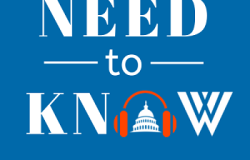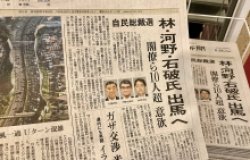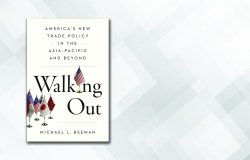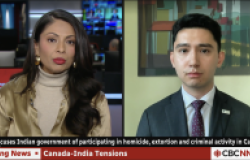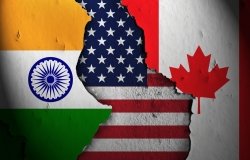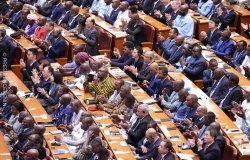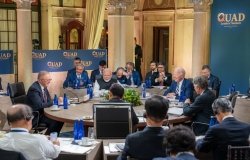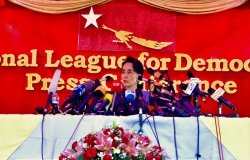Explore More
ClosePopular Suu Kyi Readies for the Challenges of Politics
Fresh off her party’s near sweep in Burma’s extraordinary parliamentary vote last week, internationally celebrated democracy activist Aung San Suu Kyi faces a new test: transforming herself from protest icon to politician. In this interview, biographer Peter Popham discusses the Nobel Peace Prize winner’s political strengths and weaknesses, as well as the fierce drive that keeps her going.
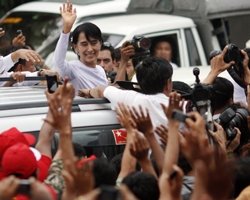
In a remarkable turn of events, internationally celebrated democracy activist, Aung San Suu Kyi has been elected to Parliament in Burma (Republic of the Union of Myanmar). Earlier this week, her National League for Democracy party won 59% of the national vote and 81% (392 of 485) of the seats in Parliament. Under house arrest for almost 15 of the 21 years from July 1989 until her most recent release in November 2010, she had become one of the world's most prominent political prisoners.
During her captivity, she recieved numerous high-level international awards and honors. In 1990 Suu Kyi received the Rafto Prize and the Sakharov Prize for Freedom of Thought. Then in 1991, she was awarded the Nobel Peace Prize followed by the Jawaharlal Nehru Award for International Understanding and the International Simón Bolívar Prize in 1992. In 2007, the Government of Canada made her an honorary citizen, one of only five people ever to receive the honor. In 2011, she was awarded the Wallenberg Medal.
Now comes the hard part. With expectations sky high, can she make the transition from international cause célèbre to the transformative political leader her supporters crave? To learn more about the third child and only daughter of Aung San, considered to be the father of modern-day Burma, we spoke with Peter Popham, author of The Lady and the Peacock, a new biography on Suu Kyi.
Peter Popham has toured Burma as an undercover journalist several times since his first visit to the country in 1991. A foreign correspondent and commentator with The Independent newspaper, he covered South Asia (including Burma) for a period in the late 90s. Popham interviewed Suu Kyi when she was released from house arrest in 2002, and met her again in 2011.
For more on his book, The Lady and the Peacock: The Life of Aung San Suu Kyi, visit: http://www.amazon.com/The-Lady-Peacock-Life-Aung/dp/1615190643/ref=sr_1_1?ie=UTF8&qid=1333551379&sr=8-1
Related Program

Indo-Pacific Program
The Indo-Pacific Program promotes policy debate and intellectual discussions on US interests in the Asia-Pacific as well as political, economic, security, and social issues relating to the world’s most populous and economically dynamic region. Read more
